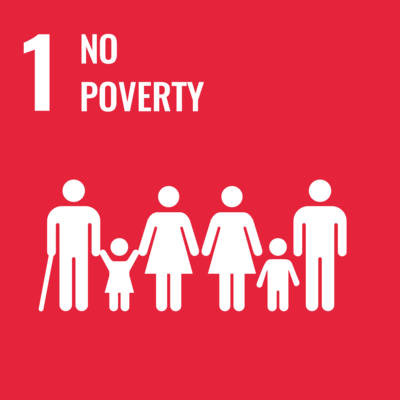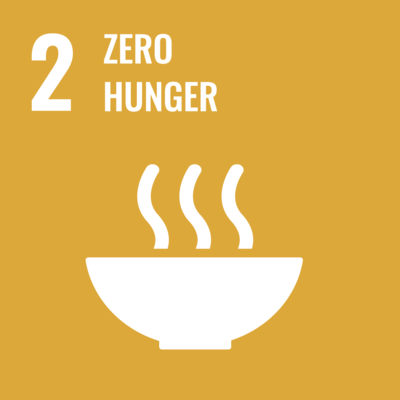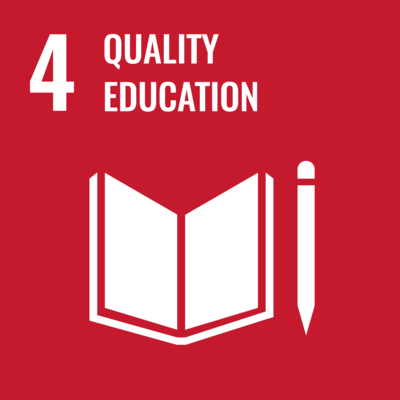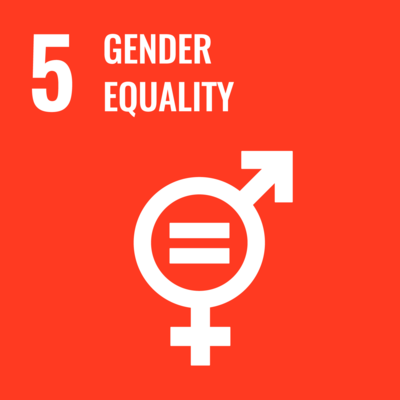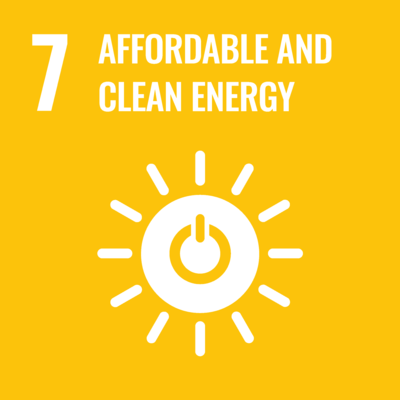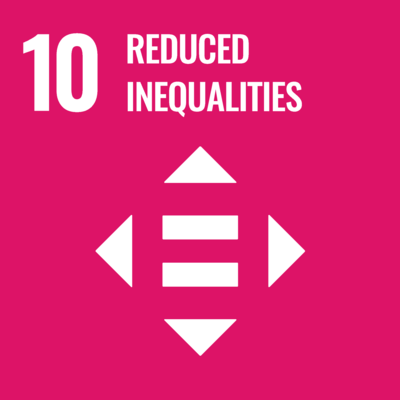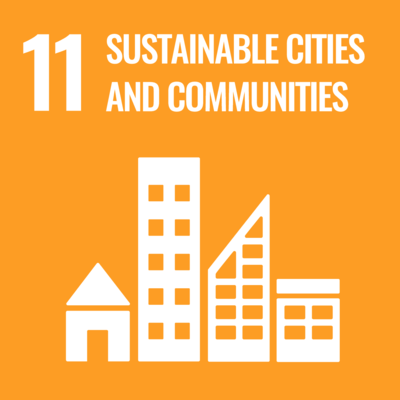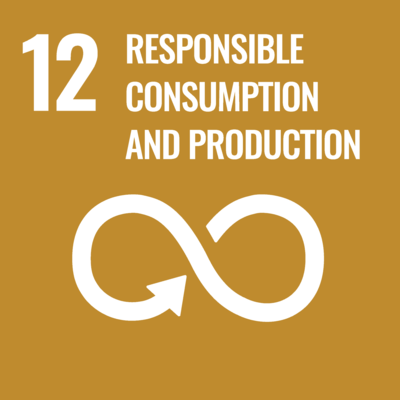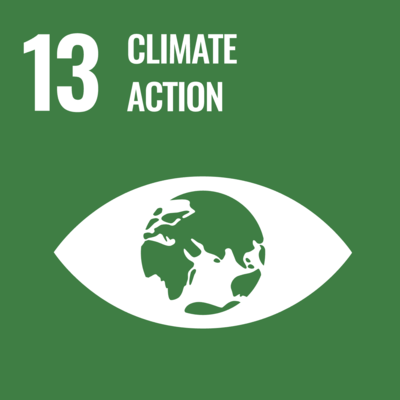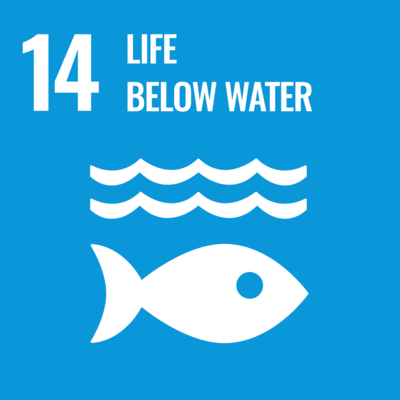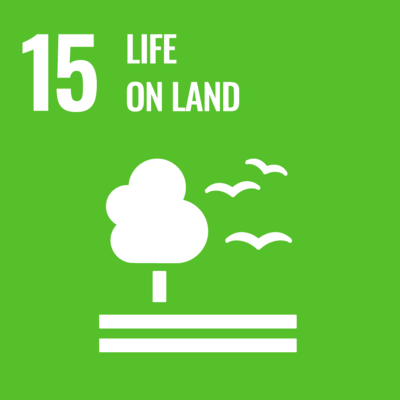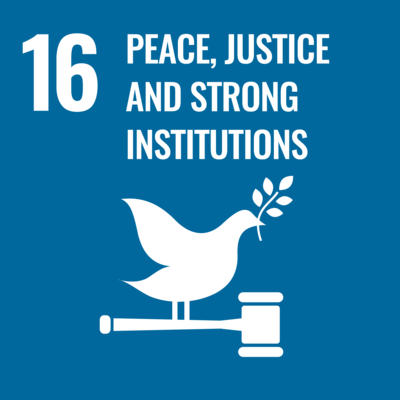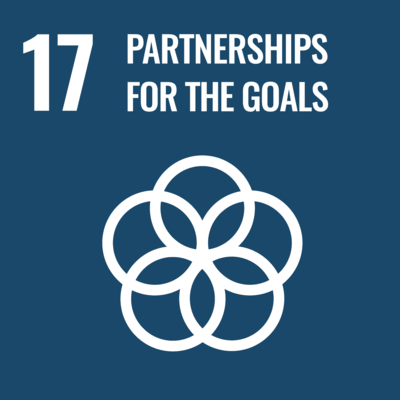SDG 11.2.6 Record and preserve cultural heritage
1. Since 2017, NCUE has established the "Indigenous Student Resource Center" to integrate various resources for indigenous students and to protect and document indigenous cultural heritage. Annual activities are organized to preserve and pass on traditional indigenous cultures (intangible heritage) and enhance faculty and students' understanding of indigenous cultures. In 2023, activities included Sediq weaving courses, Bunun pestle music and drinking song learning courses, workshops on creating crochet hooks and woodcarving calendars, and lectures on the revitalization of Kanakanavu culture, as detailed in Table 1. These hands-on experiences and educational sessions provided participants to gain a deeper understanding of indigenous cultures and traditions, promoting their protection and preservation.
Furthermore, NCUE has implemented the "Art-integrated Public Space Project in Zhongxing Village." Zhongxing Village, as the best-preserved military dependents' village in the county, preserves a wealth of historical and cultural memories. Through art exhibitions, this project guided the public to explore the ambiance of local military dependents' villages and deepened the understanding and commitment to preserving its cultural heritage.
Table 1. Overview of Indigenous Cultural Activities in 2023
|
No. |
Activity |
Number of Participants |
|
1 |
Sediq Weaving Experience Course in the Tribe of Alang nakahara |
15 |
|
2 |
Bunun Pestle Music Learning Course in the Tribe of Luluna |
21 |
|
3 |
Workshop on Bunun crochet hooks |
23 |
|
4 |
Workshop on Bunun Woodcarving Calendars |
17 |
|
5 |
Lecture on the Revitalization of Kanakanavu Culture |
60 |
|
6 |
Tribal Work Team on Mikong Festival |
15 |
|
7 |
Course in Bunun Drinking Songs |
10 |
|
8 |
Visit to the Tribe of Alang snuwing |
20 |
2. Overview of Indigenous Cultural Activities in 2023:
(1) The tribe of Alang nakahara in Ren-ai Township, Nantou County, is one of the few tribes that preserve traditional Sediq weaving techniques. Participants learned ramie thread-making and warping techniques for weaving (Figure 1).
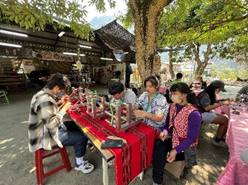
Figure 1. Visit to Tribe of Alang nakahara and Weaving Course
(2) In Luluna Tribe, Sinyi Township, Nantou County, participants learned about the traditional Bunun instrument, and pestle music (Figure 2).
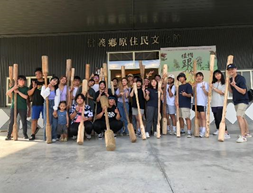
Figure 2. Bunun Pestle Music Learning Course in the Tribe of Luluna
(3) The crochet hook was made from a ram's horn, wood, and weaving thread. In the past, textiles made with crochet hooks were used for carrying hunted game during hunts and carried as bags (Figure 3).
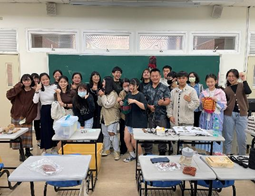
Figure 3. Workshop on Bunun crochet hooks
(4) Marked with symbols, the Bunun woodcarving calendar was used by ancestors to record the timing of millet planting (Figure 4).
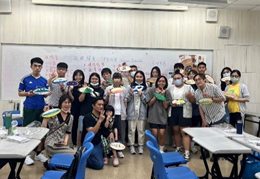
Figure 4. Workshop on Bunun Woodcarving Calendars
(5) The indigenous people of Kanakanavu are officially recognized as the 16th indigenous tribe of Taiwan. This lecture helped students understand their path to cultural revitalization (Figure 5).
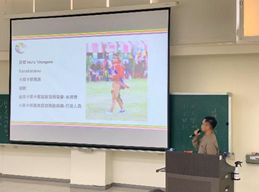
Figure 5. Lecture on the Revitalization of Kanakanavu Culture
(6) Participants assisted with the ceremonial preparations for the Kanakanavu tribe’s festival (Figure 6).
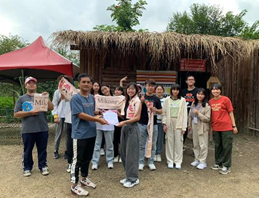
Figure 6. Tribal Work Team on Mikong Festival
(7) The Bunun drinking song is a traditional folk song of the Bunun people. Participants learned this song to help them to understand the culture (Figure 7).
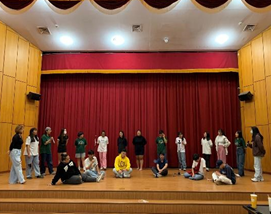
Figure 7. Photo of Students Practicing the Drinking Song
(8) Alang snuwing Tribe is one of Sediq tribes (Figure 8).
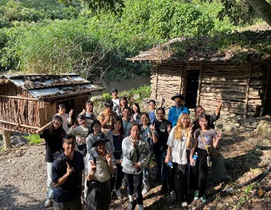
Figure 8. Photo of the Visit to Alang snuwing Tribe
For more activity photos and information, please check the fan page of the Resource Center for Indigenous Students: https://www.facebook.com/profile.php?id=100095763901800
3. "Timeline" Art-integrated Public Space Project in Zhongxing Village
NCUE is located in Changhua County, one of Taiwan's earliest-developed cities with rich historical and cultural memories. Zhongxing Village is the best-preserved military dependents' village in the county and has been selected as one of the 13 national culture-designated areas of military dependents' village. To fulfill the university's social responsibility, NCUE collaborated with the Changhua County Government and Zhongshan Elementary School. Based on the memory traces preserved in the space, six art installations themed around the concept of "Timeline" were created in Zhongxing Village, inviting people to experience the past, present, and future of Zhongxing Village. These installations guide visitors in exploring and experiencing the unique atmosphere of the military dependents' village and provide a means to connect with the local historical and cultural memories through art (Figures 9-12).
Campus Headline: https://www.ncue.edu.tw/p/406-1000-22636,r93.php?Lang=zh-tw
News Reports and Multimedia:
(1) https://www.chcg.gov.tw/ch2/newsdetail.aspx?bull_id=377220
(2) https://www.youtube.com/watch?v=PiMLfeAxmmk
(3) https://i-news.com.tw/2023/07/47411/
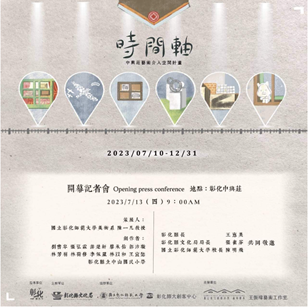
Figure 9. The Changhua County Government invited faculty and students from the Department of Fine Arts at the National Changhua University of Education to organize the "Timeline" Exhibition – the Exhibition of Art-integrated Public Space Project in Zhongxing Village. A total of six artworks were displayed and everyone were invited to step into the memories of Zhongxing Village.
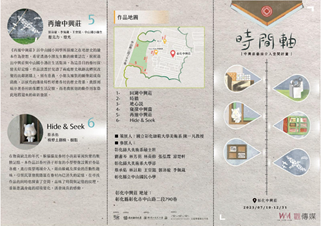
Figure 10. Curatorial introduction and explanations for the six exhibited artworks.
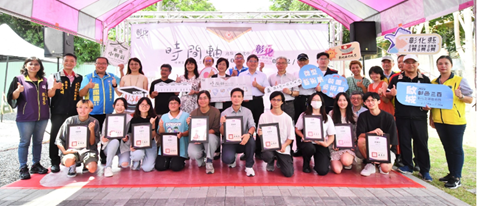
Figure 11. July 17, 2023 - Press conference for the exhibition. Group photo of participating faculty and students from NCUE with the Magistrate of Changhua County
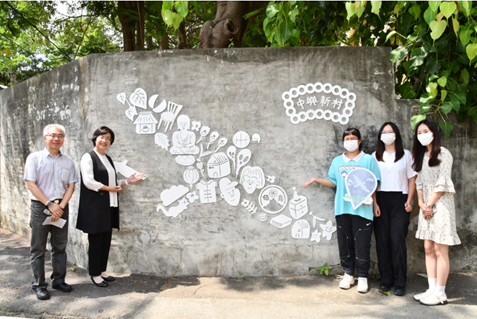
Figure 12. Group photo of faculty and students from NCUE with the Magistrate Wang Hui-mei

